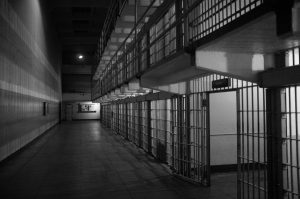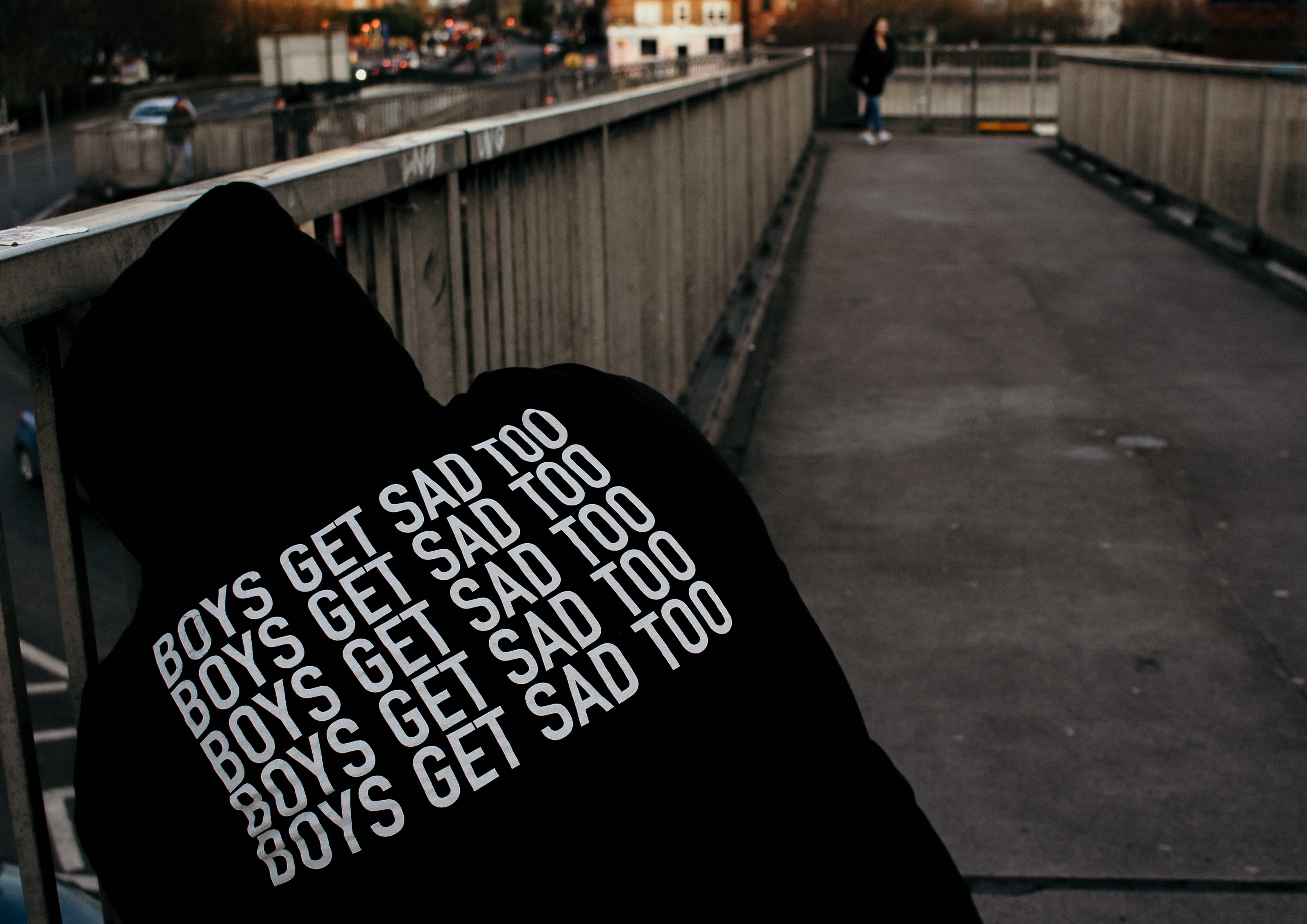Alaska agrees to settle involuntary mental health incarceration litigation.
The Alaska Department of Health and Social Services and the Disability Law Center reached a settlement in lawsuits filed by the Disability Law Center and advocates represented by the Public Defender Agency claiming the state held patients in a mental health crisis against their will. Plaintiffs alleged that holding patients in jails and emergency rooms without psychiatric evaluations scheduled violated their constitutional rights.
The original lawsuit was filed in 2018, seeking to terminate the statewide practice of holding mental health patients in correctional facilities while they waited to receive services through the Alaska Psychiatric Institute. According to the filing, the institute put into place a capacity policy around that time, which meant patients had to wait longer than normal to be admitted for care. People “who had been picked up in the community were brought to correctional facilities because they could not be admitted directly to API for evaluation, and no hospital would admit them,” the lawsuit said.

The settlement was approved by Judge William Morse, appointed by Democratic governor Tony Knowles, and includes training law enforcement officers to refrain from incarcerating people when it’s not appropriate. The settlement also calls for mental health practitioners to be notified when patients are being held and for monthly reports through mid-2021 detailing the length of time and facility at which they stayed. A well-known effort to address gaps in mental health care, ‘Crisis Now,’ will also be put into place so short-term care centers will be made more readily available for psychiatric evaluations.
“A lot of what our settlement looks at is the future,” Disability Law Center Legal Director Mark Regan said. “The future is going to be a less intrusive, less institutional system called ’Crisis Now.’”
Other areas of the U.S. are taking similar measures to reduce the number of crisis patients being detained. Bureau County, Illinois has been actively working out a plan to limit the number of residents experiencing mental illness in jail. Last fall, the county was given $300,000 in grant money to establish crisis intervention teams desperately needed to work alongside law enforcement officers during interactions with citizens who have criminal backgrounds involving mental health ailments and substance use disorders.
David Gorenz, project director of the grant, said the funds have “allowed for the hiring of two part-time mental health professionals who have been working with law enforcement to address mental health and substance abuse issues as they arise. The grant will also allow for the hiring of a case manager who will be employed through Arukah Institute of Healing and North Central Behavioral Health Systems.”
The crisis interventionists’ work began in early March and has been somewhat complicated by the onset of the coronavirus. “Things have been going a little bit backwards, but we’re still moving forward,” Gorenz said. The team has readjusted its focus to understanding how the effort can advance during the pandemic.
The funding was issued as part of a larger effort called ‘Stepping Up’ which was launched five years ago to reduce incarceration. Since its inception, more than 500 counties have passed legislation supporting the effort.
Sources:
Settlement reached on holding people in mental health crisis
A new initiative is working to reduce jail inmates with mental illness


Join the conversation!